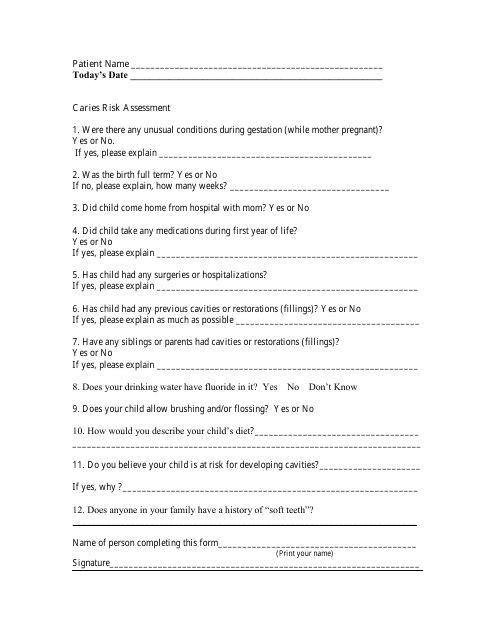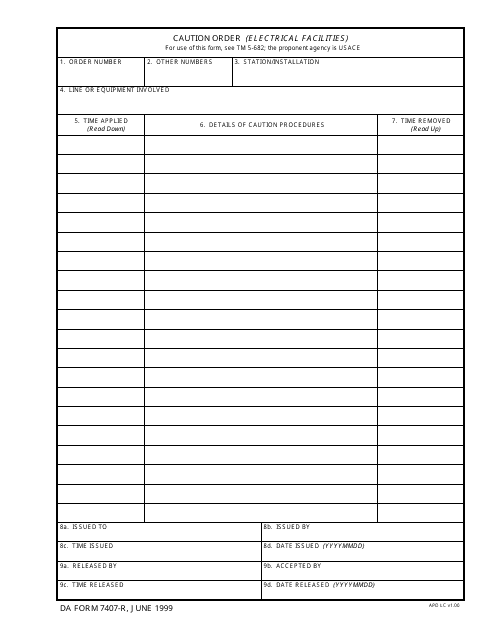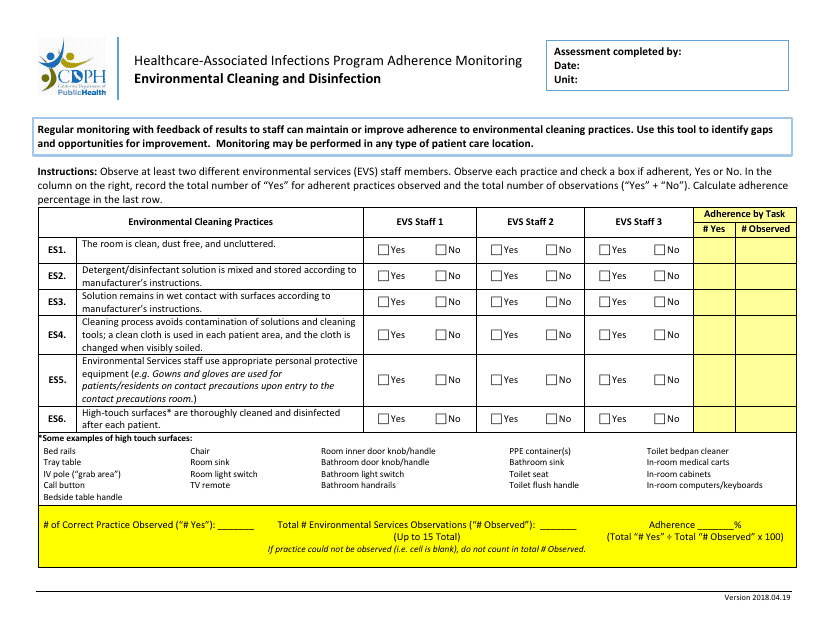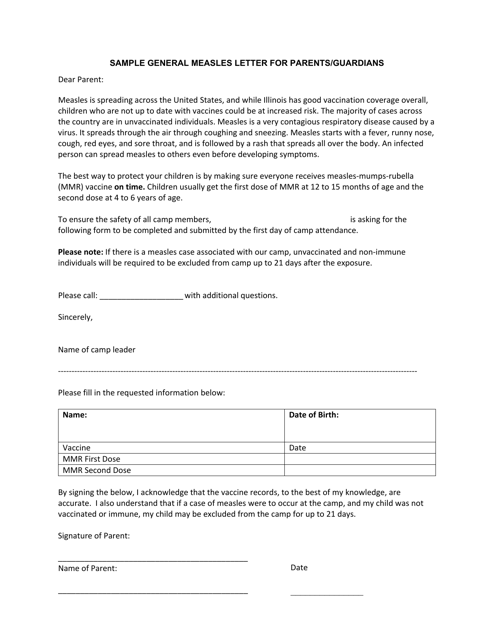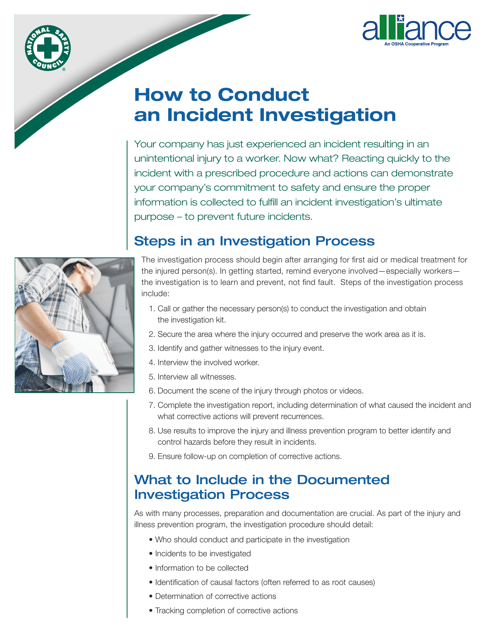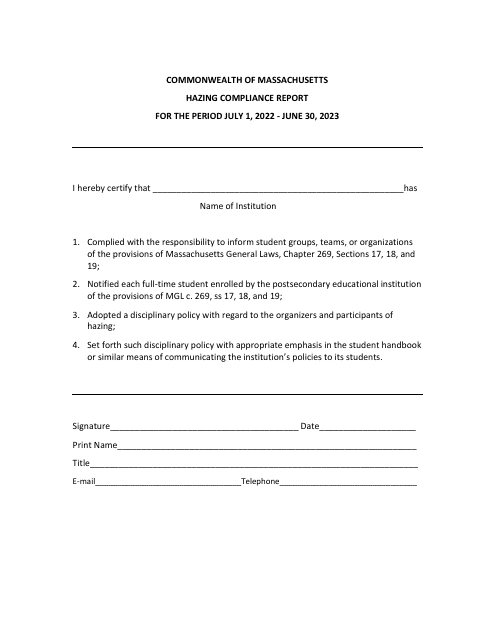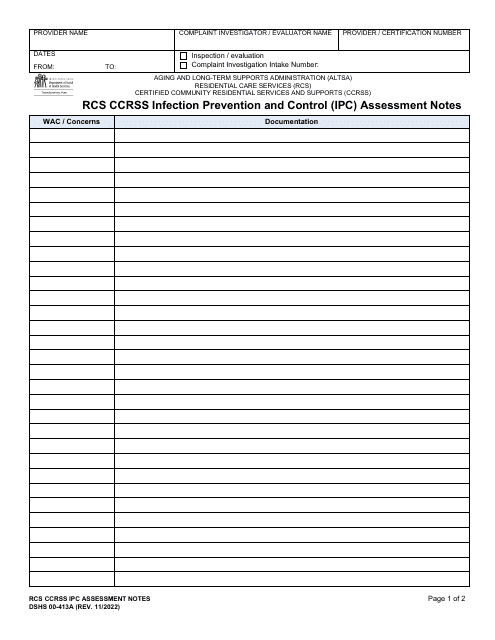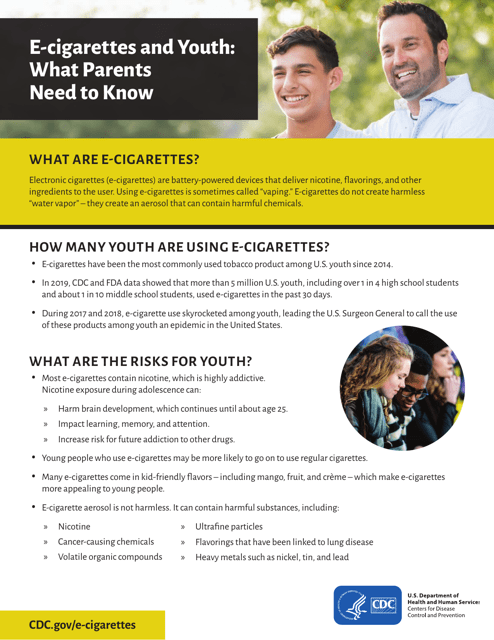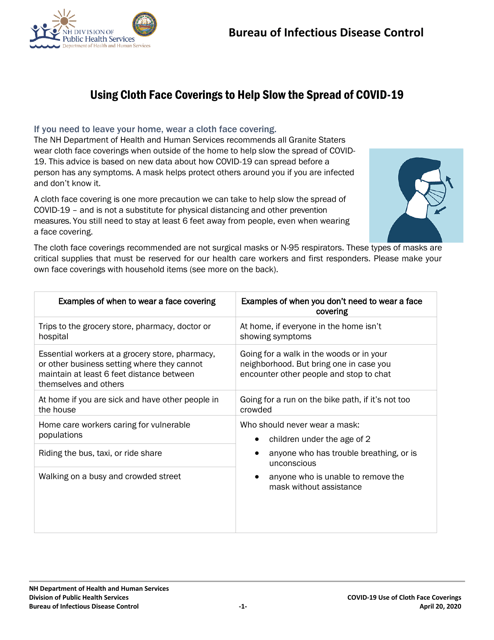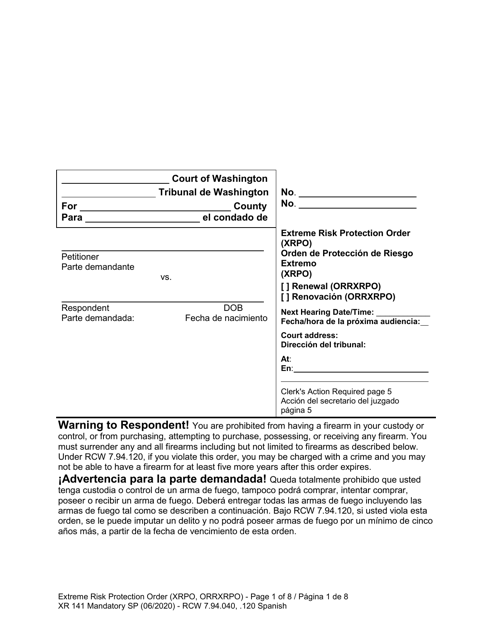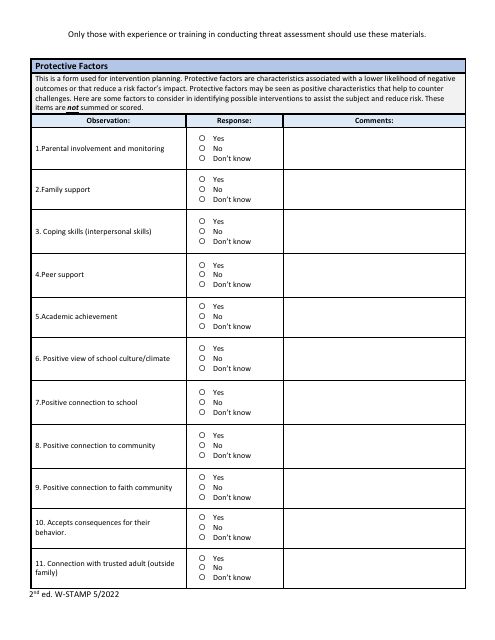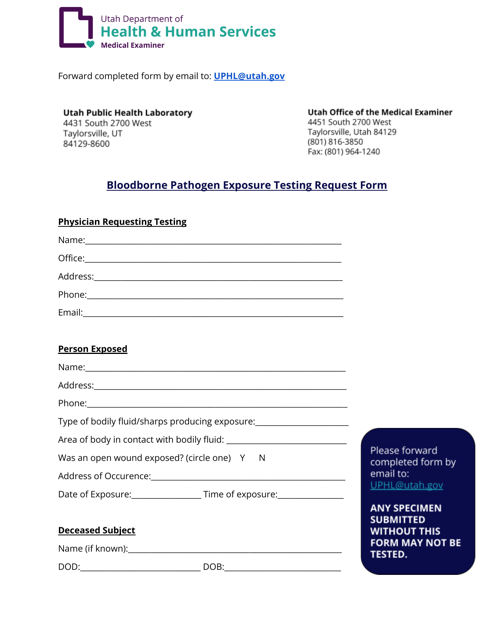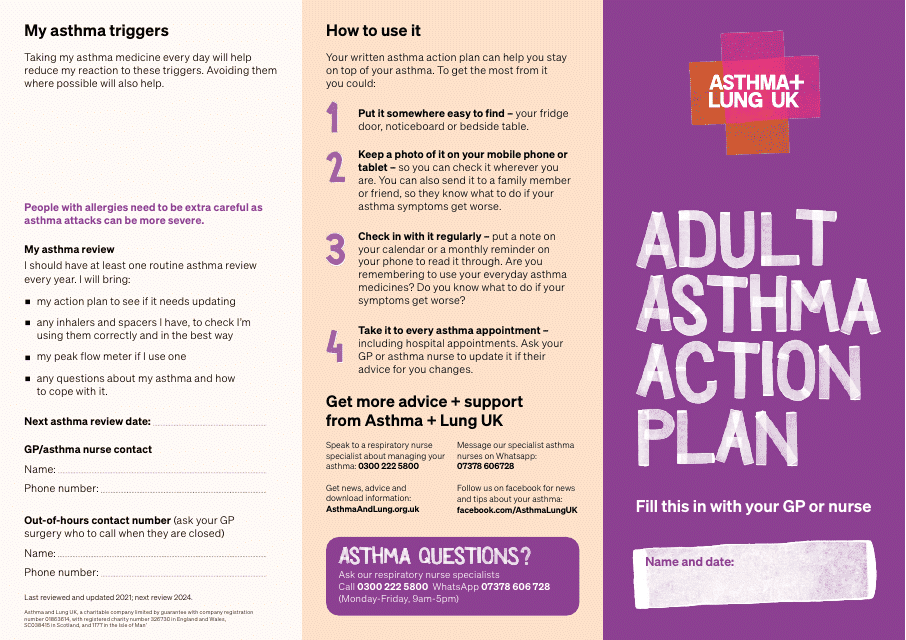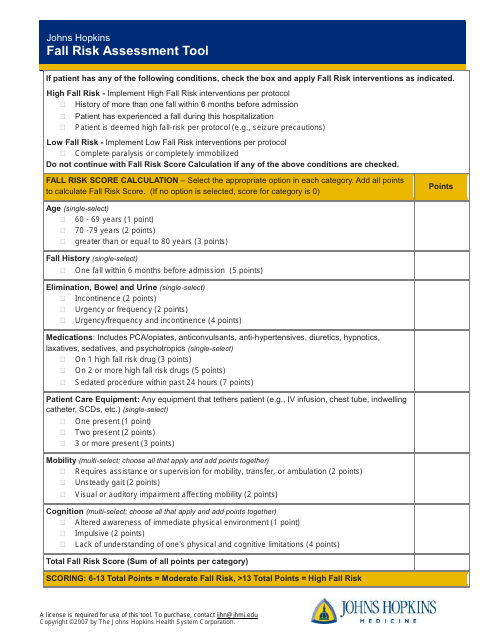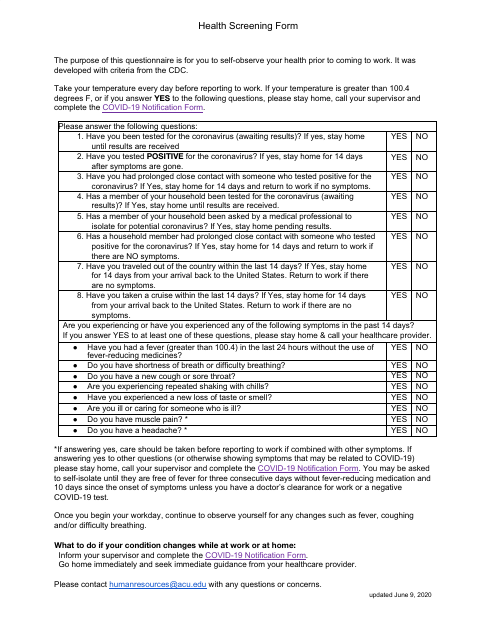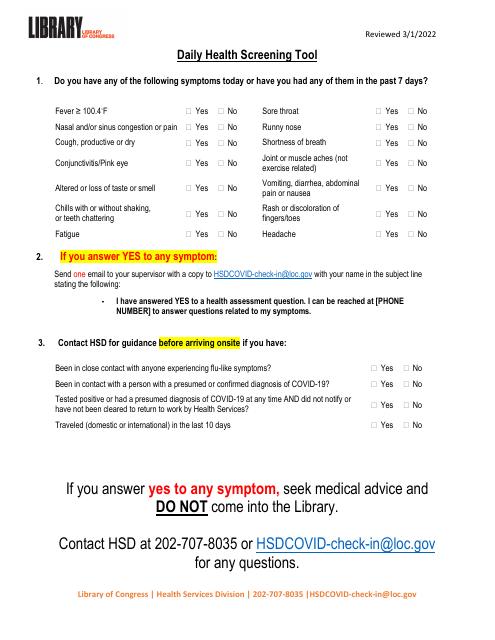Preventative Measures Templates
Preventative measures, also known as preventive measures or prevention measures, are crucial in maintaining safety, well-being, and overall health. These measures encompass a wide range of tools, practices, and protocols that aim to identify and mitigate potential risks and hazards before they can escalate into major issues. By implementing preventative measures, individuals, organizations, and communities can proactively address and minimize the occurrence and impact of adverse events.
Whether it is ensuring the safety of electrical facilities, promoting compliance with anti-hazing regulations, or managing health conditions through personalized action plans, preventative measures play a vital role in safeguarding against various risks and potential harm. They encompass a broad spectrum of actions, including regular screenings, risk assessments, training programs, safety protocols, and more.
For instance, organizations like Abilene Christian University and government entities like Washington, D.C., have devised comprehensive health screening forms and daily health screening tools. These tools enable individuals to monitor their well-being, track potential symptoms or risks, and take appropriate actions to prevent the spread of communicable diseases or adverse health conditions.
Preventative measures also extend to other domains, such as workplace safety, disaster preparedness, cybersecurity, and public health initiatives. Whether it's investing in robust security measures to safeguard sensitive data or implementing emergency response plans to mitigate the impact of natural disasters, taking preventive action is key to minimizing risks and ensuring a safe environment.
Adopting preventative measures is a proactive approach that empowers individuals and organizations to identify, assess, and address risks before they escalate. By doing so, they can effectively mitigate potential harm, safeguard lives and resources, and promote a culture of safety and well-being.
Documents:
16
This document is a template for a Caries Risk Assessment Questionnaire. It is used by dental professionals to evaluate a patient's risk for cavities.
This Form is used for issuing a caution order related to electrical facilities.
This document provides guidelines and information on environmental cleaning and disinfection practices in California to maintain a safe and healthy environment.
This document provides a sample general letter for Illinois parents/guardians regarding measles.
This document provides guidance on how to conduct an incident investigation in order to determine the causes and prevent future accidents.
This document provides important information for parents about the risks of e-cigarettes and their impact on youth health. It offers guidance on how parents can educate themselves and their children about the dangers of using e-cigarettes.
This document provides information on the use of cloth face coverings to prevent the spread of COVID-19 in New Hampshire.
This form is used for obtaining an Extreme Risk Protection Order in Washington state. It is available in both English and Spanish.
This document provides a comprehensive guide to managing symptoms and handling emergencies for individuals living with adult asthma. It includes steps to take during an asthma attack, medication prescription, and prevention strategies.
This document is a fall risk assessment tool used by the Johns Hopkins Health System Corporation to identify individuals who may be at risk of falling in a healthcare setting. It helps healthcare professionals determine appropriate interventions to prevent falls and ensure patient safety.
This form is used by Abilene Christian University for collecting health details of students, staff or visitors. It's a crucial part of monitoring individual's health status to ensure the safety and well-being of the campus community.
This form is used in Washington, D.C. for daily health assessments. It aids in maintaining public safety by logging any symptoms or risk factors that may indicate a potential health concern.

